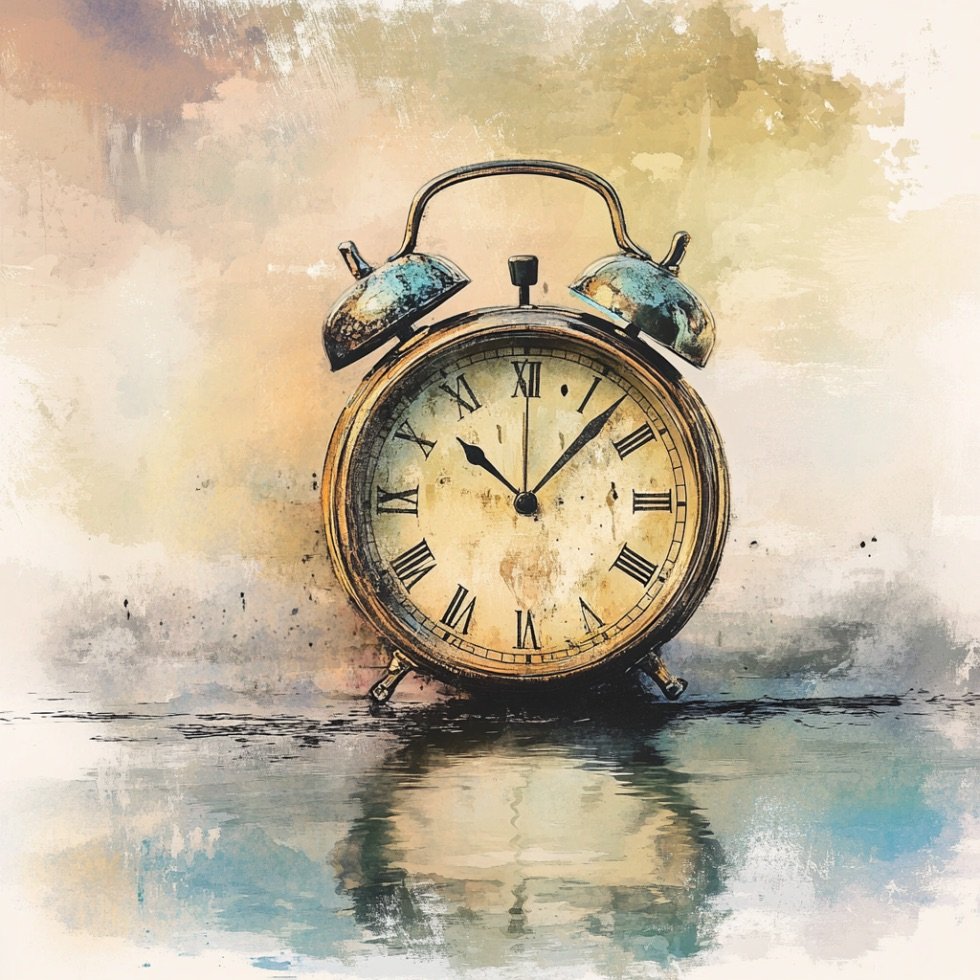How to Unplan
I used to live a life ruled by plans.
As a CEO for 15 years, I thought planning was my superpower—strategy decks, quarterly targets, financial forecasts, calendars crammed with back-to-back meetings.
My personal life wasn’t much different. Living in New York for 10 years, I got used to planning everything: yoga classes booked weeks ahead, dinner reservations meticulously timed, dates squeezed in. I had mastered the art of control—or so I believed.
Three years ago, I moved to Portugal.
At first, I tried to carry this same hyper-planned approach with me. I scheduled my days the way a New Yorker would, expecting precision and efficiency. But Portugal doesn’t work like that. My plans didn’t just fall apart—they were ignored entirely. Appointments shifted without warning, restaurants closed early or opened late, and time seemed to flow at its own unhurried pace.
At first, I fought against it. I was critical of the inefficiency, irritated that things didn’t work on my timeline. But slowly, I realized it wasn’t the culture that needed to change—it was me.
As I started to let go, I noticed something unexpected: the stress and anxiety of forcing my plans disappeared. Instead, I began to experience the delight of the unplanned—the spontaneity, the freedom, the surprise.
Moments like these planted a seed of doubt in my obsession with planning. For so long, planning felt like security, like the scaffolding holding my life together. But as I started to let go of those rigid plans, I realized they weren’t security at all—they were shackles. I had been clinging to the illusion of control, mistaking busyness for meaning, and I began to wonder what would happen if I planned less.
The world doesn’t make it easy to live life unplanned though. Society glorifies planning and rewards it. Book a flight early, and you’ll pay less. Make a reservation, and you’ll avoid disappointment. Productivity apps promise to organize every second of your day. Planning feels responsible, even virtuous. But more and more, I’ve come to see that planning isn’t about control—it’s about trying to deny the nature of reality.
Reality knows that I’m not in control. Plans fail. Flights get delayed. Things fall apart. I’ve been stuck in airports for hours or had flights canceled entirely, and I can’t recall the last time I felt anger or frustration in those moments. Instead, I’ve come to accept them as part of life’s flow. The energy I used to spend resisting what was happening now goes toward responding to it.
Living an unplanned life isn’t the same as living chaotically. It takes a deliberate trust—trust in myself, in the process, and in life itself. It’s a skill I’m still learning.
This year, my one-word intention has been Flow, and it’s shaped me. Flow has helped me to let go of expectations and respond to life as it happens. It’s not about passivity; it’s about presence.
Letting go of plans also builds resilience. There’s no denying that the unknown is intimidating, but it’s also exhilarating. Each time I’m faced with an unexpected turn, I grow a little stronger. I’ve come to trust that I’ll handle whatever comes my way. And the more I embrace this trust, the more confident I feel. It’s a feedback loop: resilience builds confidence, confidence makes uncertainty less daunting, and that makes planning less necessary.
Looking back, my years in New York conditioned me to plan for everything. My years in Portugal have shown me the beauty of planning for nothing. Neither is inherently better—it’s just that one way no longer serves me.
When I think about the moments that have brought me the most joy, none of them were planned. They were the spontaneous turns, the unanticipated encounters, the surprises that life delivered when I left space for them.
The unplanned life isn’t perfect—it’s messy, unpredictable, and at times unnerving. But it’s also alive, rich with possibility, and full of surprises I could never orchestrate. Letting go of planning has been my way of saying yes to life, exactly as it is. And in doing so, I’ve found more freedom, more joy, and more trust in the process than I ever thought possible.
And that is how I learned to unplan.




